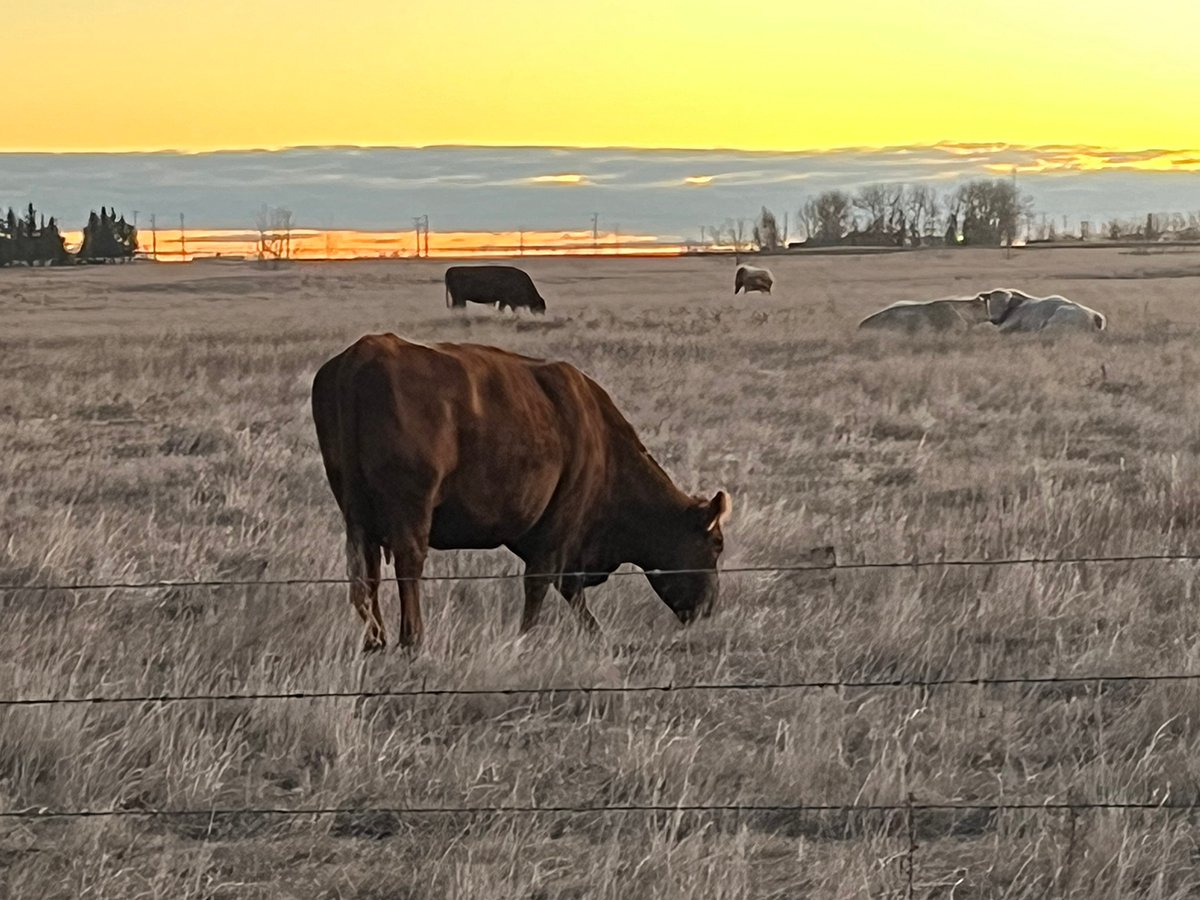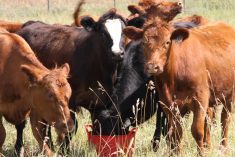Swine producers will receive financial help to launch a new vaccination program aimed at lowering hog death rates.
Farmers will be reimbursed up to 50 percent for diagnostic testing and vaccination of hogs exposed to porcine circovirus associated diseases (PCVAD2) as part of a $25 million Circovirus Inoculation Program.
John Harding, associate professor of swine production at the Western College of Veterinary Medicine in Saskatoon said PCVAD2 is a major disease concern in the hog industry.
“It ranks as one of the biggest diseases in production and economic terms that Canada has experienced, especially in Eastern Canada,” he said.
Read Also

Animal protection delivery to change in Saskatchewan
The Saskatchewan government is looking for a new agency to handle animal welfare after Animal Protection Services of Saskatchewan decided not to renew its contract next year.
From 2000 to 2006, deaths within the hog industry increased by four percent, representing 1.75 million hogs.
Caused by a single virus, the disease most commonly appears in pigs from six to 20 weeks of age.
Harding said they lose weight, are unthrifty and have rough hair, pale skin and swollen lymph nodes. It often leads to pigs becoming infected with other diseases, he said.
The disease can be fatal for pigs but does not pose a health risk to humans.
Harding said western Canadian operations see fewer cases because the barns are more spread out than in the East.
Control measures in the past have included good production, biosecurity and sanitation practices in the barn.
“The new vaccine will strengthen our arsenal,” Harding said.
Funding assistance will be available until Dec. 31, 2008, with application forms mailed to swine operators. Applications can also be accessed at www.agr.gc.ca/CDHI.
Producers can be reimbursed for up to $150 per test, $1 per piglet and $7 per gilt, sow or boar for vaccinations. The maximum funding under the program is set at $500,000 per applicant.
Retroactive payment is available for testing and vaccination that occurred since March 1, 2006. Payments will be processed within 70 days.
This is the first of a two-phase initiative in disease control in the hog industry that will see the federal government contribute $76 million over four years to combat disease and conduct research.














